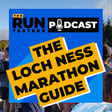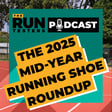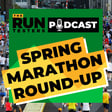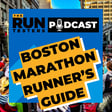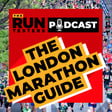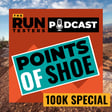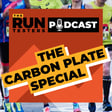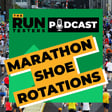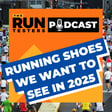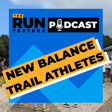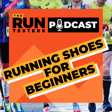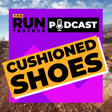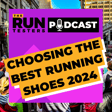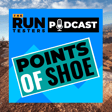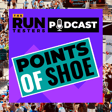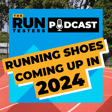
Interview With Sir Chris Hoy | The Run Testers Podcast
In this podcast special, Tom chats to six-time Olympic champion Sir Chris Hoy about a whole heap of things, from the mental aspects of training at competitive level, to podcasting, comedy and how he became a children's author.
Chris hosts the Sporting Misadventures podcast alongside journalist Matt Majendie where they speak to comedians about the world of sport. Well worth a listen if you're looking for something funny and interesting to keep you busy during that long run.
Listen on Apple Podcasts: https://podcasts.apple.com/is/podcast/sporting-misadventures-with-chris-hoy/id1680181306
Listen on Spotify: https://open.spotify.com/show/1HlxCFrsX21UQ40OLiEVjb
Big thanks to Fear of Tigers for the killer intro music. You can listen to more of his stuff over at https://www.patreon.com/fearoftigers

